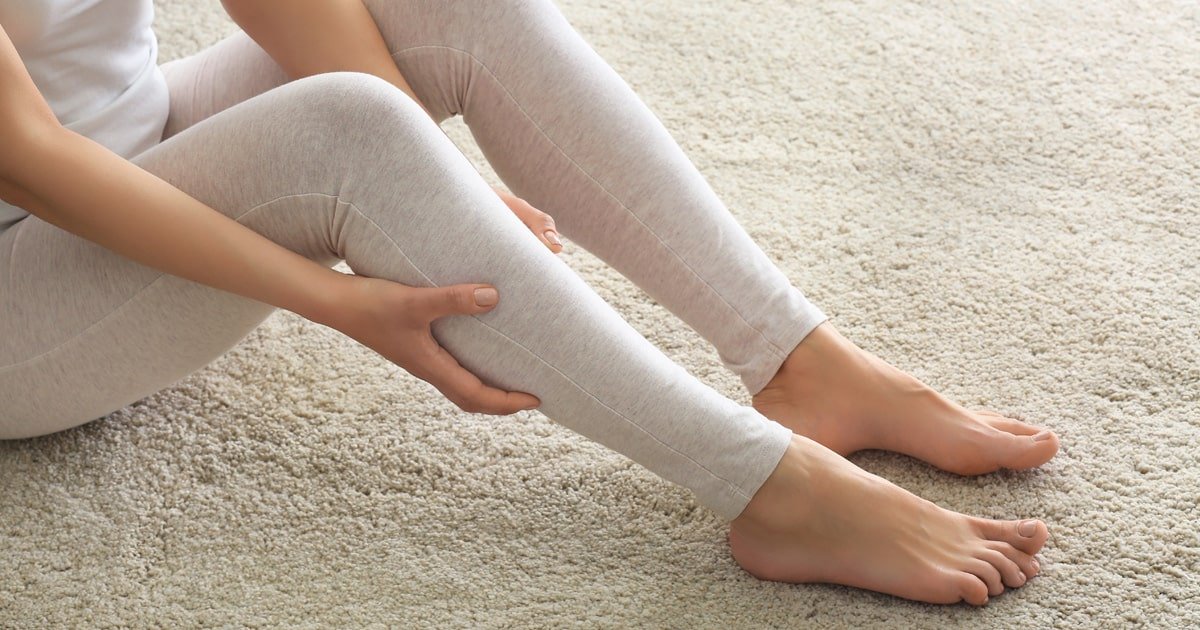Prevent & Treat Muscle Cramps.
Hello!
If you’ve ever experienced a muscle cramp or spasm in your leg, foot, or back, you know how excruciating the pain can be. The ones I’ve had felt like a bodybuilder was twisting my leg for fun. Muscle cramps usually come on suddenly when muscles involuntarily contract and can last for a few seconds or several minutes.
They can occur in any muscle but are most common in feet, calves, thighs, feet, hands, arms, abdomen, and around the ribcage.
What causes muscle cramps?
The causes of muscle cramps are as assorted as the different muscles that can cramp and include:
Straining or overusing a muscle is the most common cause.
Compression of your nerves from problems such as a spinal cord injury or a pinched nerve in the neck or back.
Dehydration
Low levels of electrolytes such as magnesium, potassium, or calcium.
Not enough blood getting to your muscles.
Pregnancy.
Medication side effect.
Getting dialysis.
Sometimes, the cause of muscle cramps is unknown, and I would add Lyme Disease to this list as I had numerous muscle-cramping episodes shortly after my diagnosis. You are more at risk of experiencing muscle cramps if you are older, overweight, an athlete, pregnant, or have a thyroid or nerve disorder.
When to seek medical attention?
Though muscle cramps are painful, they are usually harmless and don’t last long. You should contact your health care practitioner if the cramps:
Are severe.
Happen frequently.
Don't get better with stretching and drinking enough fluids.
Last a long time.
Are accompanied by swelling, redness, or a feeling of warmth.
Are accompanied by muscle weakness.
What to do when you are experiencing a muscle cramp?
Stretch or gently massage the muscle.
Apply heat when the muscle is tight and ice when the muscle is sore.
Drink more fluids if you are dehydrated.
If another medical problem is causing the cramps, treating that problem will likely help.
To prevent muscle cramps, you can:
Stretch your muscles, especially before exercising. If you often get leg cramps at night, stretch your leg muscles before bed. Ensure that you don’t overstretch, as this can also cause cramping.
Drink plenty of liquids. If you do intense exercise or exercise in the heat, sports drinks can help you replace electrolytes but are often loaded with sugar. Instead, add a sprinkle of Himalayan and sea salts to water and drink it first thing in the morning and throughout your day. These alternative salts are loaded with minerals, and adding them to your water to replenish electrolytes might prevent muscle cramps.
Take magnesium. While magnesium deficiency has been proposed as a cause of leg cramps, there is no evidence that magnesium supplements are an effective treatment for muscle cramps. Source: However, I started taking a magnesium supplement derived from algae a few months ago because of muscle cramps and haven’t experienced any since.
I’ve had several high-volume screaming episodes from severe muscle cramps when I had Lyme; other times, I have no idea what brought the severe pain. The first time I experienced a muscle cramp, I didn’t do anything but scream, and it was over in a few seconds. For the subsequent cramps I experienced, I immediately soaked a tea towel in hot water, placed it on the tight muscle, and massaged the area. One time, my foot was cramping, and my toes were extended and frozen. I could not move them. Once I placed the hot tea towel on my foot and manually moved my feet from extension to flexion, the cramp disappeared. I’m convinced I caused this cramp by overstretching my foot.
Have you ever experienced this type of muscle cramp, also commonly referred to as a Charley Horse?
Be well.
Anita
DISCLAIMER: The information on County Yoga Loft’s website blog is for general health care informational purposes only. All information on the site is provided in good faith. However, it should not replace consultation or advice from a physician or other healthcare practitioners. The use or reliance of any information on this site is solely at your own risk.
Resources:
1. Medline Plus


